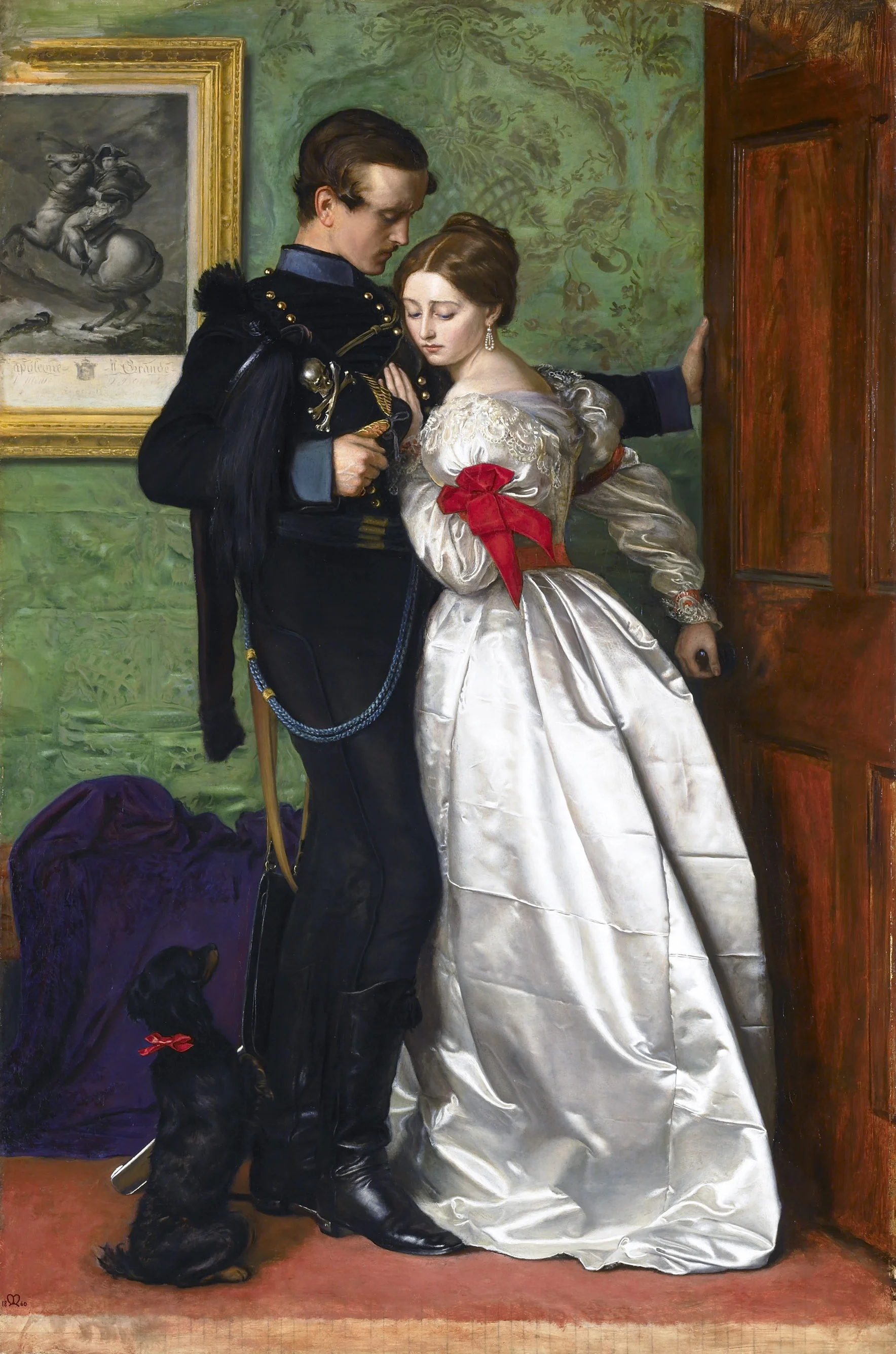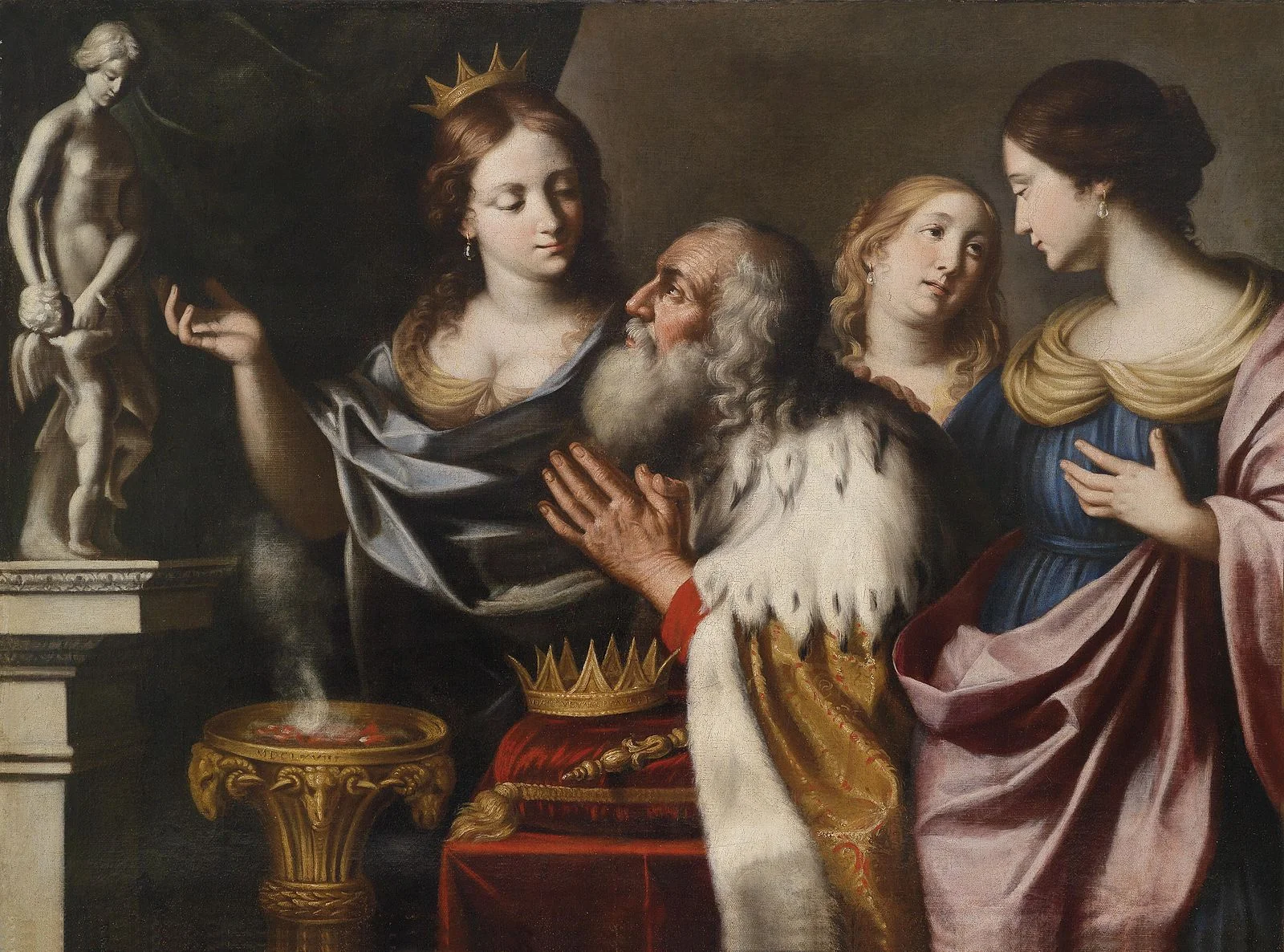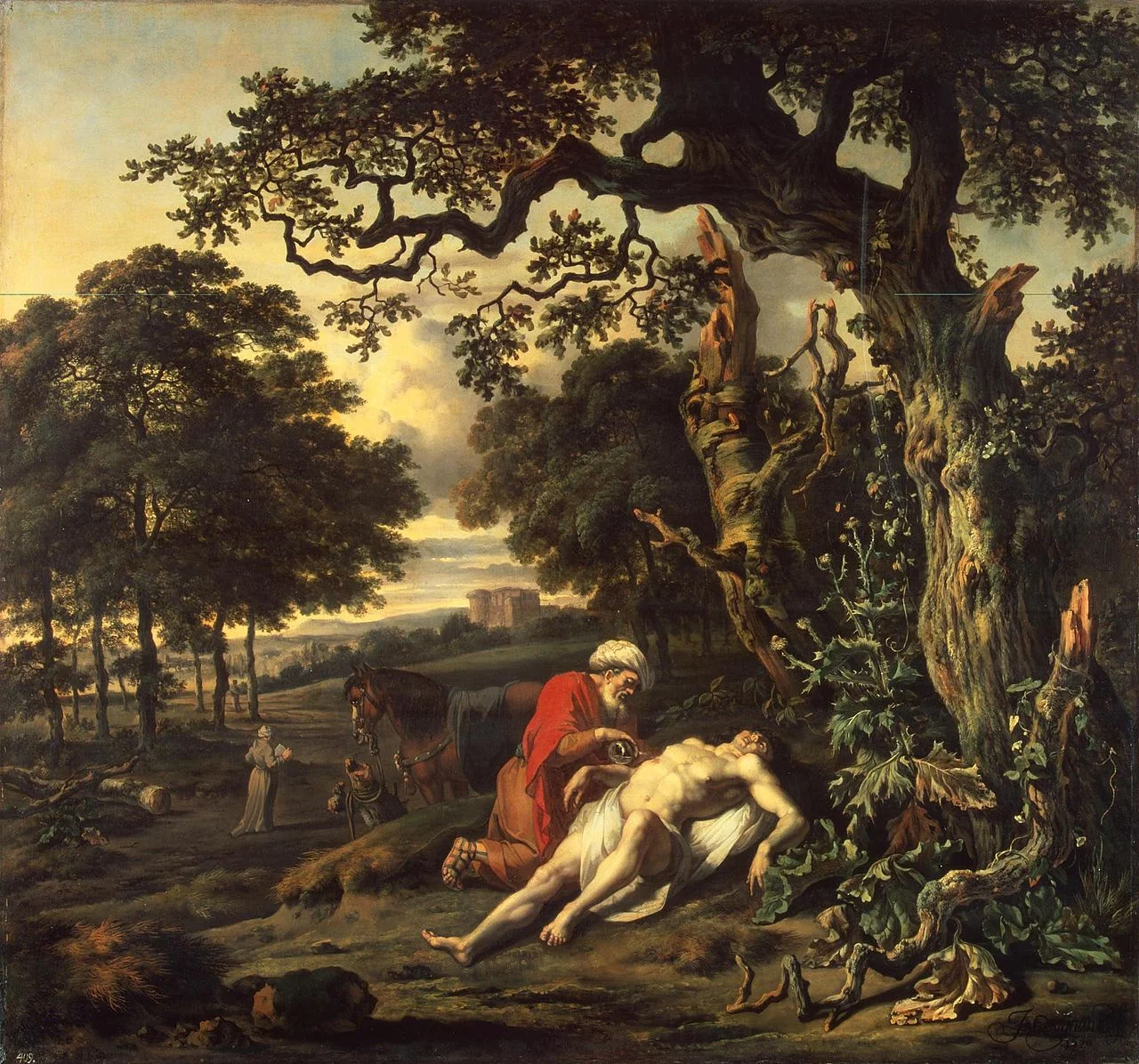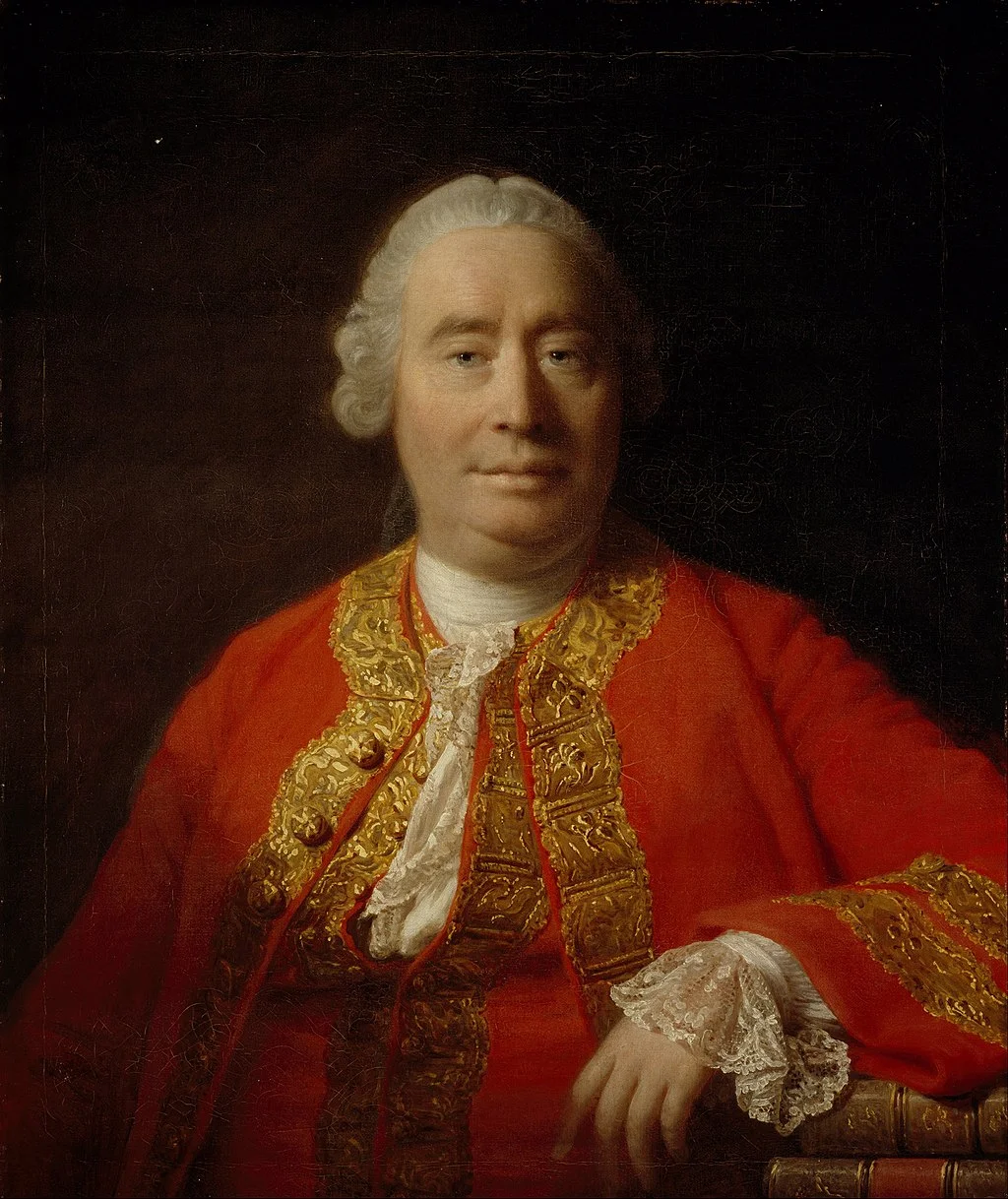
The Flâneur & the Bon Viveur
The crowd is his element, as the air is that of birds and water of fishes. His passion and his profession are to become one flesh with the crowd. For the perfect flâneur, for the passionate spectator, it is an immense joy to set up house in the heart of the multitude, amid the ebb and flow of movement, in the midst of the fugitive and the infinite. To be away from home and yet to feel oneself everywhere at home; to see the world, to be at the centre of the world, and yet to remain hidden from the world—impartial natures which the tongue can but clumsily define. The spectator is a prince who everywhere rejoices in his incognito. The lover of life makes the whole world his family, just like the lover of the fair sex who builds up his family from all the beautiful women that he has ever found, or that are or are not—to be found; or the lover of pictures who lives in a magical society of dreams painted on canvas. Thus the lover of universal life enters into the crowd as though it were an immense reservoir of electrical energy. Or we might liken him to a mirror as vast as the crowd itself; or to a kaleidoscope gifted with consciousness, responding to each one of its movements and reproducing the multiplicity of life and the flickering grace of all the elements of life.
— Charles Baudelaire, "The Painter of Modern Life"
In this salon we will consider two 19th century concepts: The bon viveur, a person who lives well and enjoys the good things in life, and the flåneur, a stroller or saunterer, the idle urban explorer who takes pleasure in observing city activities. We will question the nature of these concepts, their relationship to social norms, architecture, their depiction in literature, and their insights into the joys and banalities of modern life. We will hear colorful anecdotes about historical people who lived in this way. Finally, we will consider what qualities might constitute a 21st century flåneur and bon viveur and if we should practice them today.
Suggested readings for this salon will be given in advance. The speaker will be announced at a later date.
Location upon RSVP
RSVP required to justinek@publicspheresalons.com
Image attribution: https://commons.wikimedia.org/wiki/File:Gustave_Caillebotte_-_Paris_Street;_Rainy_Day_-_Google_Art_Project.jpg
Gustave Caillebotte [Public domain]


























